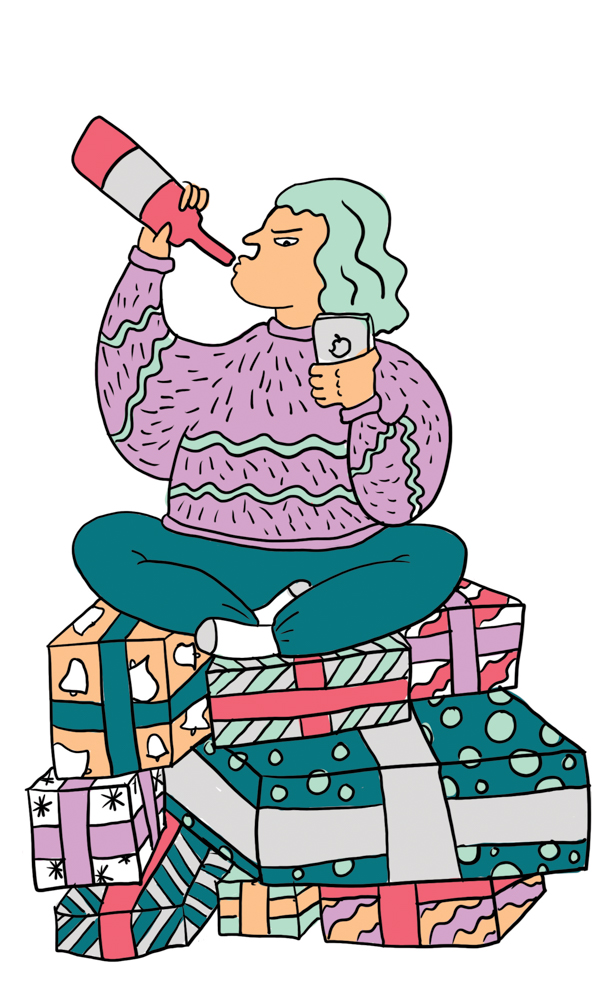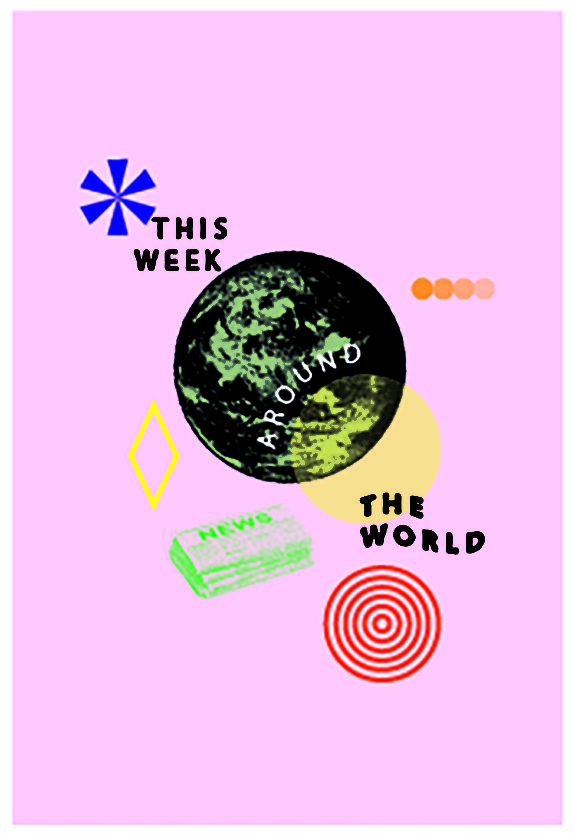In the backdrop of the war in Yemen and the country’s subsequent humanitarian crisis, youth unemployment, education and drug abuse are some of the country’s most critical struggles. A failed state and the poorest nation in the Arab world, Yemen is also considered the worst country to be a woman, according to the Gender Inequality Index. Yemen comes in last out of 160 countries listed in the index, and 385 women die from complications for every 100,000 births.
Humanitarian crisis in Yemen
Amal Hussain, the 7-year-old girl famous for her picture in The New York Times. which showed the extreme circumstances of famine in Yemen, died from starvation in a refugee camp on Nov. 1 after being discharged from the hospital. Though Hussain was still sick, the hospital needed to make room for other patients, and the family could not afford the necessary fuel to reach a Doctors Without Borders hospital some 15 miles away.
“Yemen is the world’s worst humanitarian crisis. As the conflict enters its fourth year, more than 22 million people– three-quarters of the population–need humanitarian aid and protection” United Nations Secretary-General António Guterres said at a conference.
With war, famine and the continued cholera epidemic, education becomes increasingly difficult to continue. For girls specifically, traditional gender roles still dictate Yemeni women to be the primary caregivers of a household, making them central to the social structure. Additionally, they represent 63 percent of school dropouts, and as stated in CARE International’s 2016 report Conflict and Gender Relations in Yemen, “they are the first to be withdrawn from school to save money or be engaged in early marriages.”
“Yemeni women and girls are the ones who are paying the price of war,” said Program Associate Areej Jamal Al-Khawlani in an interview with UN Women. “Some 76 percent of internally displaced persons are women and children, and nearly 21 percent of households of internally displaced persons as well as host communities are headed by women below the age of 18.”
Innovation among Yemeni women
One of Portland’s non-profit community radio stations KBOO hosted a film screening of the multi-award winning documentary Yemeniettes on Nov. 15 at the Clinton Street Theater. The screening was intended to benefit Mercy Corps while bringing attention not only to the conflict but also the innovative solutions spurred from an unlikely source.
The film details a group of 16 teenage girls who launch a business, Creative Generation, defying the restrictions imposed by war and constraints surrounding gender and age. With constant electricity shortages, families are forced to rely on small, private generators and other sources of energy. However, Creative Generation aims to harness solar power technology in order to provide a guaranteed source of clean energy. As a response to energy shortages. which can span 18 hours in a day, the girls created lights, fans and umbrellas powered through solar energy and are capable of charging other devices as well.
The girls of Creative Generation have been able to pursue their project without the help of Injaz Yemen, a non-governmental organization which finds and sponsors pioneering students. With the NGO’s assistance, Creative Generation was able to produce and sell their products while promoting youth education and creative thinking.





